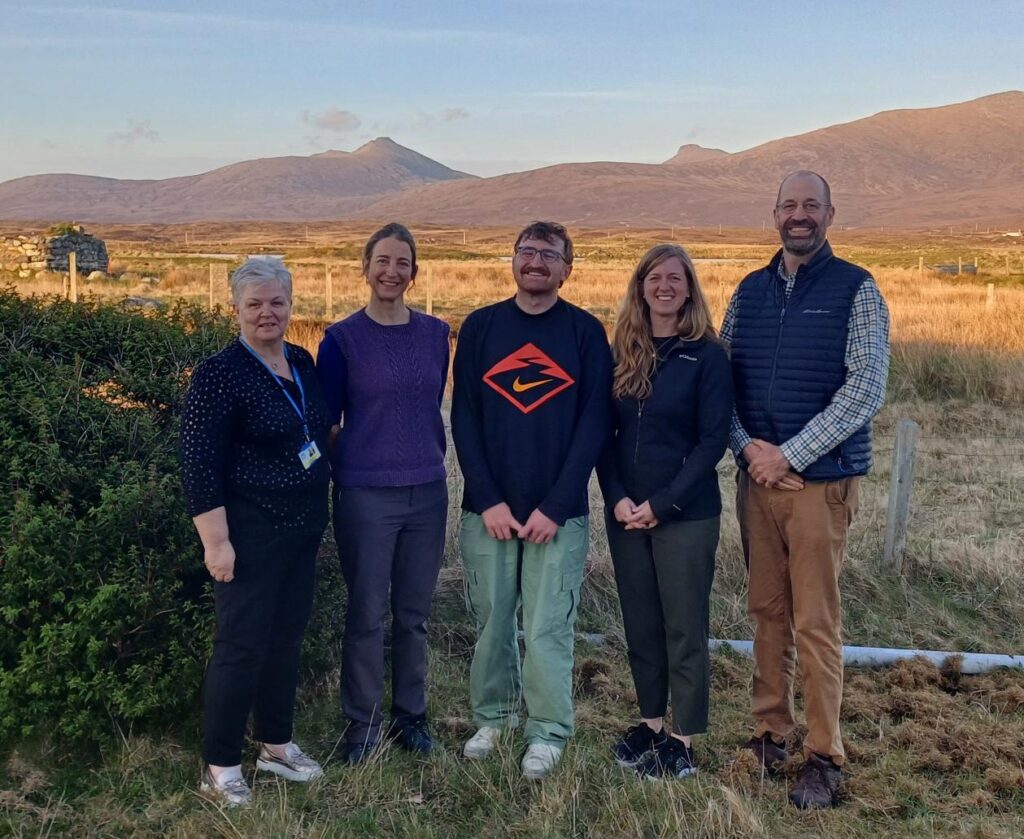Heading 2
Informative ticks and Lyme disease awareness sessions
Published on 19 May 2025
Details of a new project, which aims to understand how environmental changes affect the spread of diseases, and to find ways to reduce the risk of diseases being passed from animals to humans, were shared at an information session in South Uist earlier this month, hosted by NHS Western Isles.
The information session was held at Stoneybridge Hall in South Uist to update the public on the ongoing research into ticks and Lyme disease in the Outer Hebrides.
Dr. Caroline Millins and Aaron Sambrook from the University of Liverpool shared details about their new PhD project. The project aims to understand how environmental changes affect the spread of diseases, and to find ways to reduce the risk of diseases being passed from animals to humans. They also highlighted the strong public response to the study, with over 60 people offering their gardens and crofts for testing.

As part of the study, Dr Sambrook will be testing the effectiveness of different types of fencing in controlling tick populations. He will conduct tick surveys in gardens and areas beyond the fences, while also talking to property owners about how they manage their gardens. At the event, Isabell MacInnes, NHS Western Isles Health Protection and Screening Nurse Specialist, demonstrated a technique called ‘tick dragging’, where a white cloth is dragged over vegetation or the ground to collect ticks. This helps to measure the tick population in an area.
Isabell was pleased to share data which showed a decrease in cases of Lyme disease, specifically the ‘bullseye’ rash (Erythema Migrans), with reports dropping from 52 cases in 2019 to 31 cases in 2024. A bullseye rash is a red, circular rash that appears around a tick bite, with a lighter centre, looking like a bullseye. If you notice this type of rash after a tick bite, it could be an early sign of Lyme disease. It's important to see your GP for treatment if you develop this rash.
Megan Linske and Scott Williams from the Connecticut Agricultural Experiment Station spoke about their long-running research on ticks and tick-borne diseases in the United States, sharing findings that may be useful for Dr Sambrook’s study.
NHS Western Isles Health Promotion staff — Alison MacDonald, Marion Matheson, and Norma MacLeod— provided tick awareness materials and gave out tick removal tools to help people stay safe.

- NEXT PAGE: Health Protection and Immunisation
- LAST REVIEWED ON: May 19, 2025